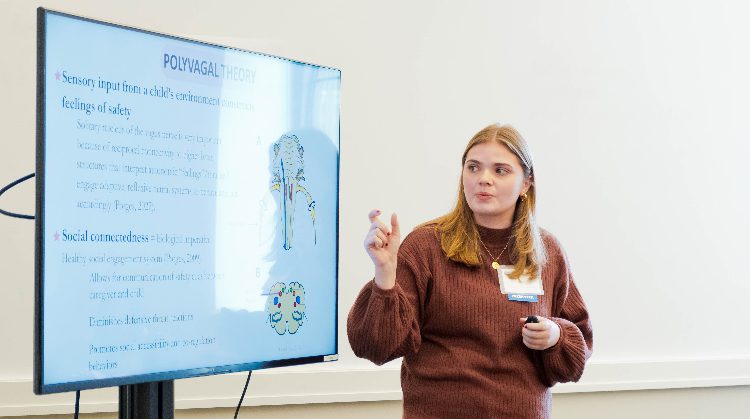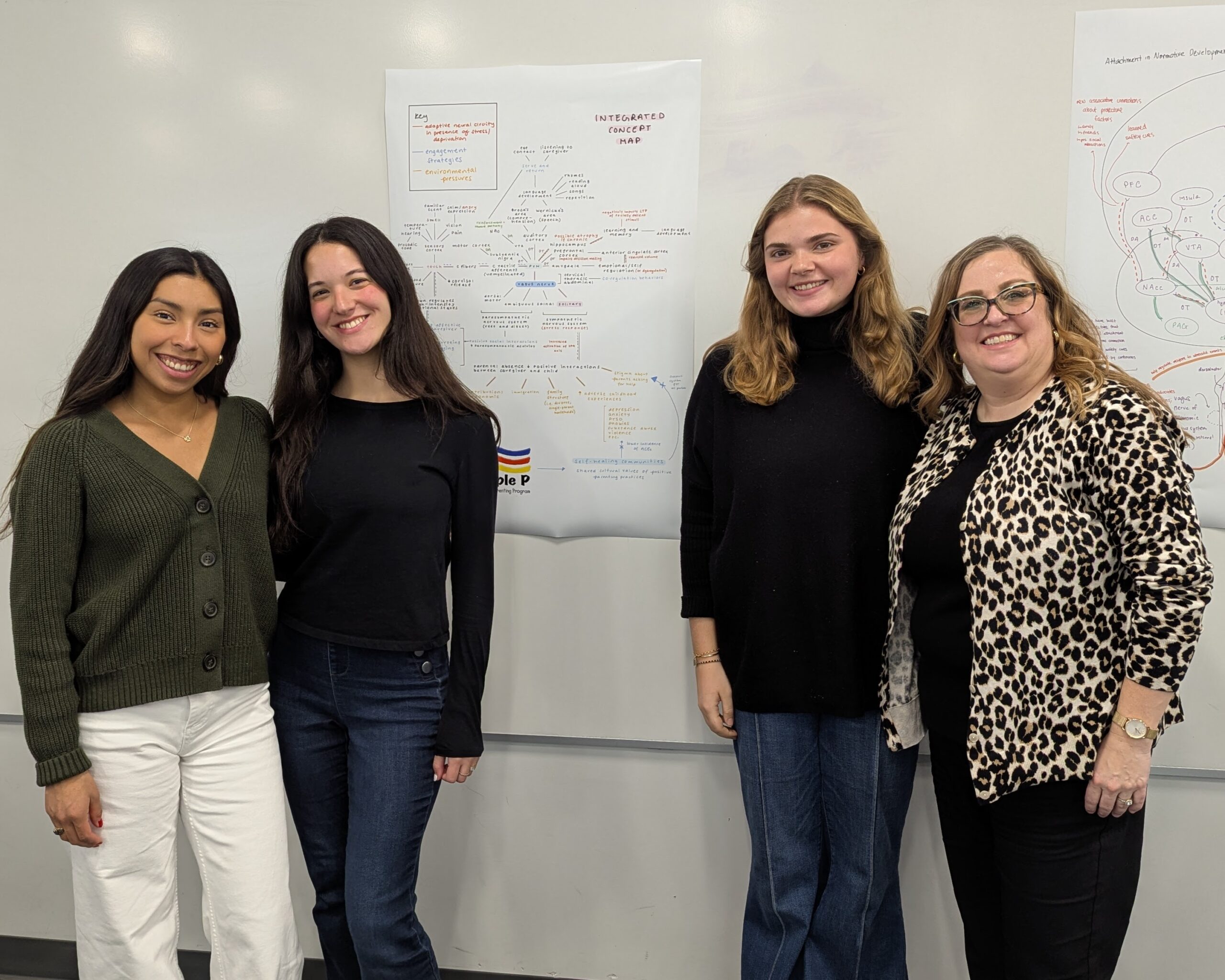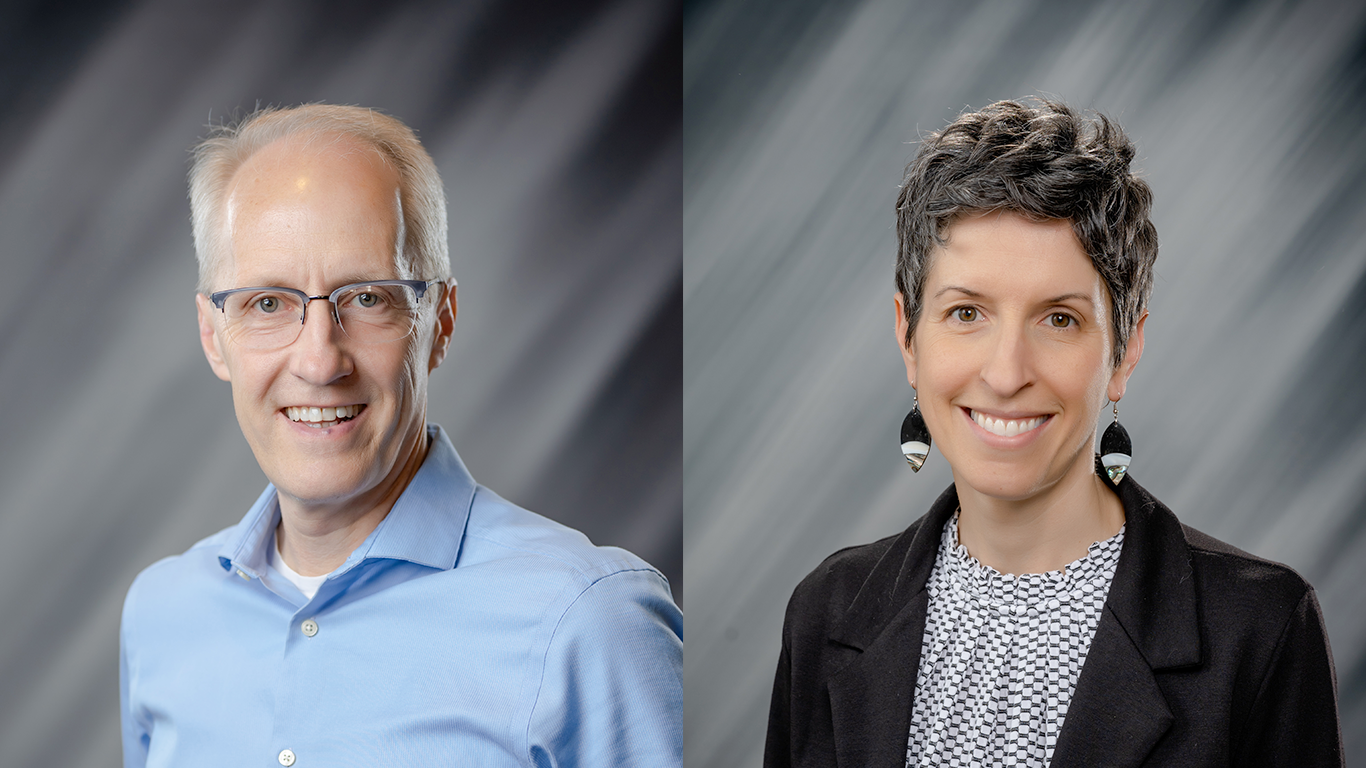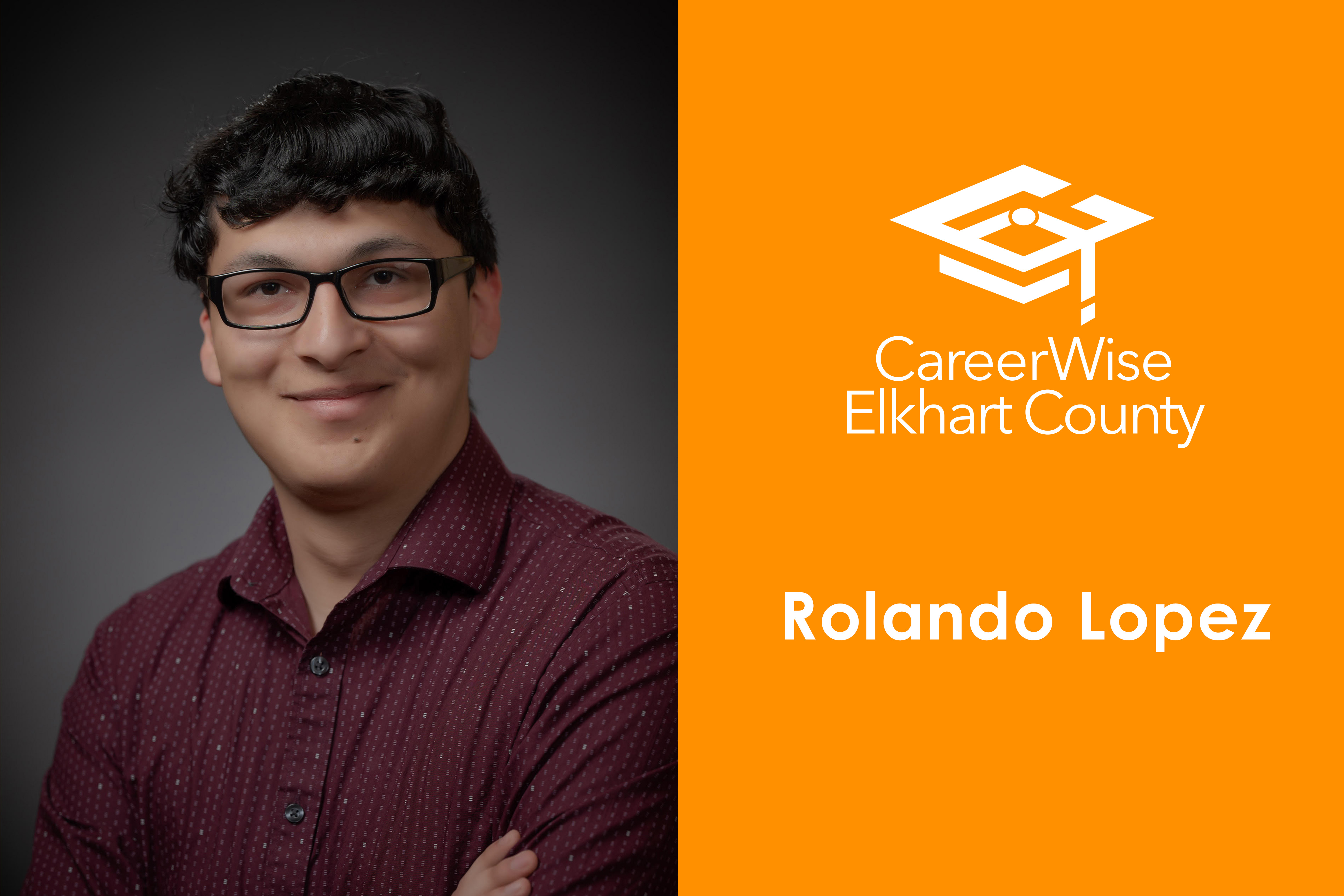The second-best time to plant a tree – or invest into early childhood

You’ve probably heard the Chinese proverb: “The best time to plant a tree was 20 years ago. The second-best time is now.”
I suppose the message is that, with many things, you just can’t start too soon. If you wanted a healthy forest, you should have planted saplings 20 years ago. If you didn’t plant the saplings, though, then plant them today!
We’re learning so much about planting “saplings” of the human variety (children). Many people used to believe that kids didn’t need any special treatment or attention – just give them the basics and they’d do fine. Or, even if kids didn’t get the basics, they were sturdy and would figure things out. Certainly, there are kids for whom that is true. Just give those kids five years, say, and – voilà – a ready-to-thrive kindergartener!
Sadly, kids who aren’t ready for kindergarten usually get off to a bad start. Imagine: you’re 5, sitting in a classroom. You don’t know your colors, your numbers, or your letters. You haven’t learned how to control yourself when it’s time to stand in line, or how to take turns or sit still. All the other kids are doing fine, and they’re all looking at you. Going to class each day is an experience of failure, humiliation, and shame – even when teachers try to be patient and give you extra help. There’s just too much ground to cover. Before long you come to some conclusions about yourself (if you didn’t start with them): you’re bad, you’re stupid, you don’t belong. You’re doomed to fail – why try?
This kind of start leads to downstream trouble, but in the past we often didn’t make the connection: the 20-year-old with a history of dropping out of school, or unemployment, or drug use, or incarceration, almost always had a bad start in kindergarten, and then went downhill from there. We try to help these individuals as adults, but it’s an uphill climb. People responsible for funding programs to help these individuals often say that there’s a poor “return on investment” in trying to turn a 20-year-old’s life around. We do it anyway, because we care, and because some people do respond.
There is now conclusive research that takes us in a different direction. It starts with the question: “What could we do now to help the next generation of 20-year-olds?” Research shows that most kids need specific resources in order to thrive, and they need them at specific times – with the earliest times being the most important. Here’s a graph of the “Heckman Equation,” named after the Nobel Laureate James Heckman who has done extensive research on early childhood.
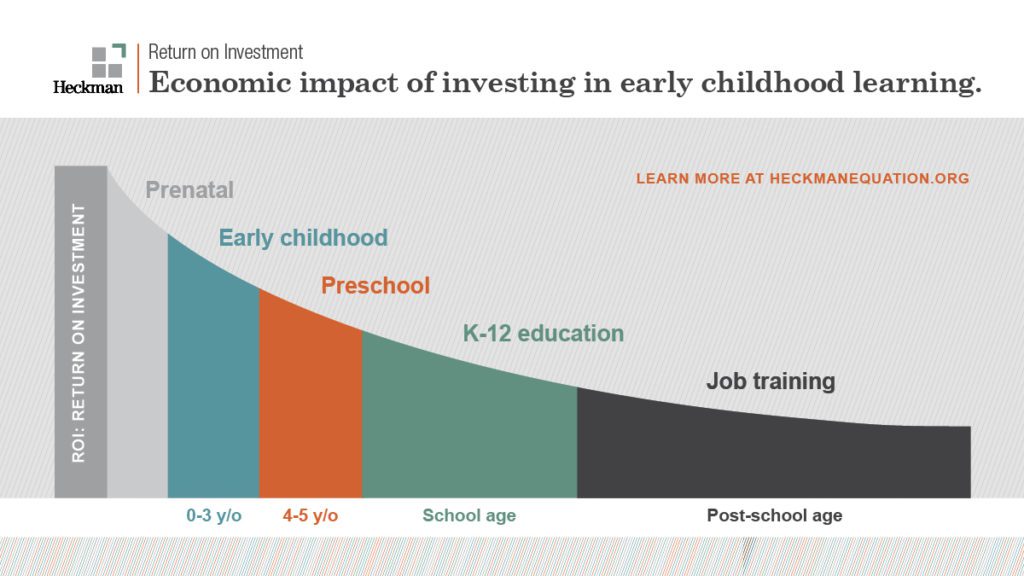
The Heckman Equation indicates the earlier an investment is made into a person's development, the greater the return on investment. (Graphic courtesy of the Heckman Equation)
Note that the first word in the title is “economic:” this is about money. Dr. Heckman’s research demonstrates that we get the most bang for our buck (return on investment) the sooner we invest in children’s lives. Any resources we pour into prenatal health is gold – and the earlier in the pregnancy, the better the return! Resources that reach the child in the first years of life are almost as impactful. Preschool help is almost as good.
Notice that the graph flattens out after high school. There’s still a return on investment – but only a fraction of the return from prenatal support. Again, we still want to support these individuals – but the best return is with the little ones who won’t reach “20 years ago” for another 20 years.
More to the point, if we invest in kids early, there’s a much better chance that they won’t need the help 20 years later: they won’t have dropped out, or gone unemployed, or gotten addicted, or been incarcerated. This isn’t just wishful thinking. It’s what the research demonstrates: early support offers people better lives!
If you know HEA, you can already see that early-life support fits in perfectly with our primary mission: “to provide world-class education and training so that each person in our community has a lifetime of well-being and meaningful work.” Heckman’s equation shows us how to get people headed in a positive direction to begin with – to build strong brains from the start, so that we can devote more resources to growth rather than remediation, and so that we can get the greatest return on our investments.
This is the first of three posts leading up to a major event. On Tuesday, November 1, in both the afternoon and evening, HEA will join the Community Foundation of Elkhart County (CFEC), The SOURCE, Crossroads United Way, and Child and Parent Services (CAPS) in hosting a major community gathering held on the Goshen College campus. Action teams from around the county have been working to develop strong solutions for kindergarten-readiness months now, and they will have recommendations to share!
Just as important, we will hear from national expert and author Dr. Dana Suskind, whose books “Thirty Million Words” and “Parent Nation” have transformed the conversation about how best to grow a strong community.
Again, Tuesday, November 1 – save the date! See how our county is pulling together in order to build a system that helps all our children be ready for kindergarten, supporting all these future adults of Elkhart County!
Brian Wiebe is the President and CEO of Horizon Education Alliance.





